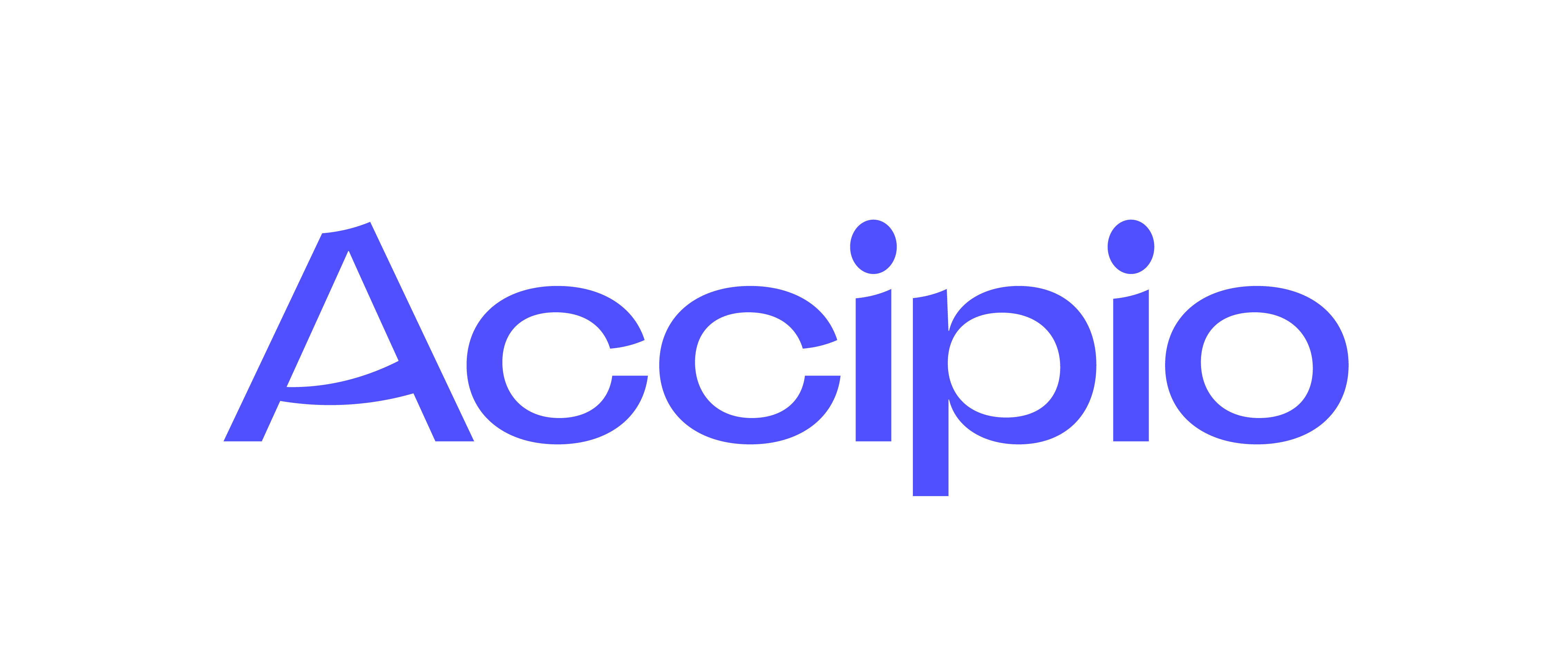14 Apr Working With Coaching Stakeholders
Coaching like projects, new initiatives or change programmes, has stakeholders. Some will be more important, some will be proactive and some silent partners who simply need to be updated periodically. Early identification of who these are for you from either introducing coaching to your organisation or working with them in relation to a 121 coaching situation is key.
Stakeholders in the coaching relationship
It is important when a coaching need has been identified to overtly work with the stakeholders to ensure all information about the situation has been gathered in order to get the best of the coaching. Typical stakeholders, though not exclusively:
- The learner – they will be committing time, energy and emotion into the coaching sessions, so they will want and need to understand the coaching process, commitment, implications and duration. They will also want to discuss the situation or area that is to be coached. Managing their questions, fears and uncertainties will be key.
- The learner’s manager – within organisations they are often the people who may initially approach the coach about undertaking a coaching assignment with one of their team, or the entirety of their team. Balancing their need to see progress in the learner and the learners right for confidentiality has to be carefully contracted.
- Other reporting lines – if you work in a matrix type organisation it may well be that depending on the type of work a person might have two ‘line’ managers. Having awareness of who these are and respective areas of focus is important to understand especially if the nature of the coaching issue straddles both areas.
- Project Manager (PM) – where a learner is working on a project it may be necessary to consider the PM as a stakeholder, depending on the nature of the coaching
Sometimes it might be more appropriate to work with these stakeholders such as, if there is a need to be consistent about the circumstances and purpose of the coaching. For example if it is around the learner’s development, promotion or demotion, if the goals lend themselves to evaluation and review or, when the organisation is paying and the client agrees.
The value in working with stakeholders is being able to:
- Set a clear frames for coaching
- Clarify the roles and expectations of all parties
- Establish clear boundaries and protocols
- Ensure honesty and transparency in communication
Initially there will be the need to discuss stakeholders with the learner and identify if there is a need to include or engage with these stakeholders as part of the coaching relationship. Also to understand how this will happen.
Consider that the coaching is for the benefit of the learner, so they need to have agreement on sharing with any stakeholder. If the learner is hesitant then the coach will have to spend time understanding and exploring this with them.
Introducing coaching to an organisation
From this perspective there are a wider range of stakeholders who will either want to be involved, pass comment or need to be updated on the progress. Producing a stakeholder map will make your management of these a lot easier. Typical stakeholders may include:
- Sponsor(s) – this could be a director or other senior manager, the person who is going to represent the coaching paper or strategy and approaches with the Executive team or board. May be a person not directly associated with the coaching and mentoring initiative, but may have experience of coaching or who is an evangelist for coaching and mentoring.
- Director of lead area – potentially the Director who leads the area who are bringing the coaching and mentoring initiative to life
- Other Directors or Senior Managers – part of the ‘management’ of such an initiative is to discuss the ideas and plans with these leaders to answer any questions from them and to understand how coaching might be of value to their teams
- Managers of those attending the training – to complete the training those attending will need both time away from the workplace and also time in order to meet with learners and practice the coaching, especially if it is part of a formal qualification. Making them aware of the commitment but also the opportunities for using these ‘new’ techniques and behaviours.
- Budget holder(s) – any party that finance the programme will want to understand that there is both value and return on the expenditure. Clear measurable objectives set from the beginning will enable this. Consider that their perspectives on the coaching and mentoring programme and expectations might be completely opposite to yours, their measures might also be different
- Those attending the training – for some coaching will be new, others will have greater awareness, clarity in all that is entailed in the training and what they will get from it will manage expectations and fears. Early engagement will generate more interest and talk around the subject and anticipation of the development, which they will discuss with others. Awareness of the commitment and requirements is essential especially if recording of reflection notes is required as part of assessment.

